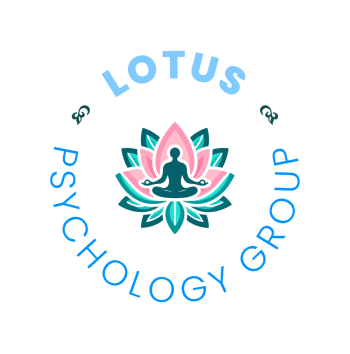A common misconception about seasonal affective disorder (or SAD) is that it’s merely the winter blues. This is not the case. SAD is a subtype of major depressive disorder and should be taken seriously by anyone diagnosed with it.
Seasonal Affective Disorder Basics
Seasonal Affective Disorder (or SAD) is a mood disorder that occurs in seasonal cycles. Individuals diagnosed with SAD can experience moods that fluctuate from depressed to hypomanic to manic. Symptoms of SAD ramp up at the onset of autumn and those diagnosed with it can feel a sharp increase in symptoms during winter. Once spring starts the symptoms tend to dissipate.
Common symptoms of SAD include:
- Fatigue and lethargy
- Overwhelming feelings of sadness
- Tearfulness and irritability
- Consistently craving carbohydrate heavy foods
- Weight gain
- Isolation or avoiding social events
- Lacking motivation to engage in hobbies or exercise
- Impaired concentration and focus
Traditional Treatments for SAD
Due to the relative predictability of SAD it’s best to prepare early. Preparing early can reduce feelings of stress and improve your outlook as winter approaches.
Traditional treatments for SAD include:
- Cognitive Behavioral Therapy for Depression (CBT-D)
- Regular telehealth visits with your therapist (if it’s hard to travel during winter)
- Light therapy – Lightboxes can be used first thing in the AM to replicate natural sunlight. Light therapy is recommended prior to trying medication due to its efficacy.
- Antidepressant medications to increase serotonin
- Regular exercise (at least 30 min outdoor if possible)
- Sleep hygiene techniques like limiting phone use in bed, using a noise machine, etc.
Creative Techniques to Manage SAD
The above techniques can be found on most any healthcare website – so we wanted to take a different approach and explore creative ways to combat SAD.
Preparing Your Home
- Create a Multi-Sensory Area:
- Engaging your senses with pleasant scents, textures, sounds, or sights leads to less agitation and increased relaxation when you feel anxious.
- Multi-sensory items can include lava lamps, rain or sound machines, light sticks, weighted and soft blankets, oil diffusers, silly putty or glitter slime – really anything that makes you feel comfortable and at ease.
- Increase Natural Light:
- Remove any obstructions that hinder natural light (heavy curtains, plants, furniture).
Preparing Your Mind
- Learning a New Skill or Hobby:
- If you’ve been eager to learn a new skill like video editing, writing non-fiction or poetry, designing your own video game, or woodworking – find a course online and sign up!
- This adds structure during the winter months, mental tasks that keep you sharp, and new social interactions.
- Scheduled Facetimes with Loved Ones:
- Maintaining your connections becomes really important when depression becomes the boss. If you are able to schedule some facetime calls with your loved ones before the winter season starts – you’ll have something to look forward to and extra support from those that love you.
Preparing Your Body
- Labs Tests:
- Requesting labs from your primary care doctor can help you evaluate if low levels of vitamins and minerals may be contributing to your SAD.
- Deficiencies or imbalances in vitamin B and B12, vitamin D, iron, magnesium, and zinc, as well as thyroid function tests are all associated with depression and fatigue.
- If you can increase those deficiencies using natural supplements and diet changes – you may see an improvement in your mood, sleep, and energy levels.
- Unorthodox Exercise Options:
- Find exercise options that aren’t boring! No need for the treadmill every day – you can find dance classes, hiking groups, adult sports leagues, and pickleball if you want to try something new.
- Trying new methods of exercise and moving your body stimulates your mind as well.
Taking care of your mind, body, and home can lead to feelings of mastery and improve your mood. If you want to explore additional therapy options for SAD, Lotus Psychology Group has experienced and compassionate therapists who can help. If you live in the Metro Detroit area, contact our offices for a brief consultation at (248) 957-8973 or feel free to email us at info@lotuspsychgroup.com. If you are ready to schedule an appointment, you can fill out this online scheduling form.


